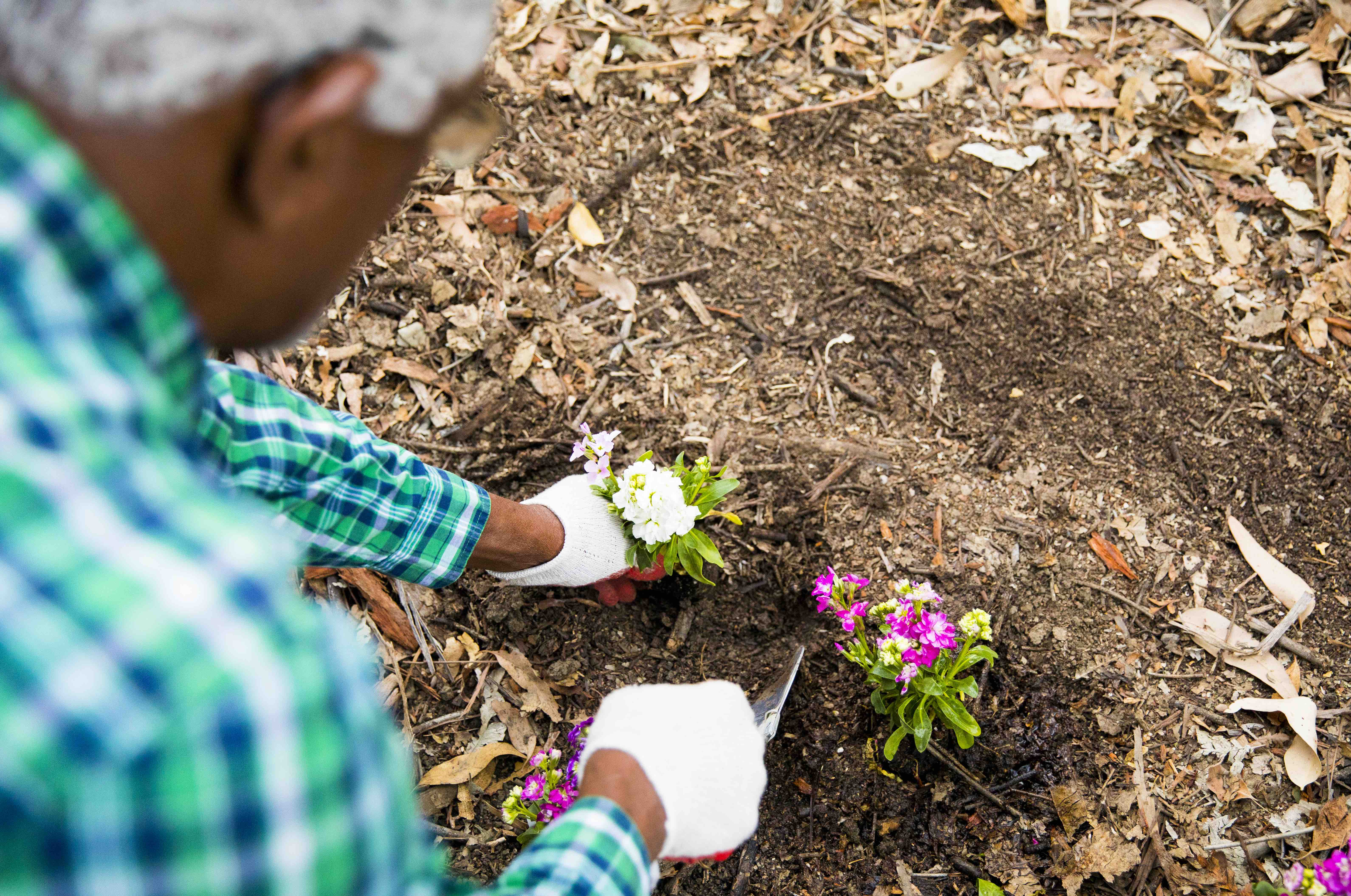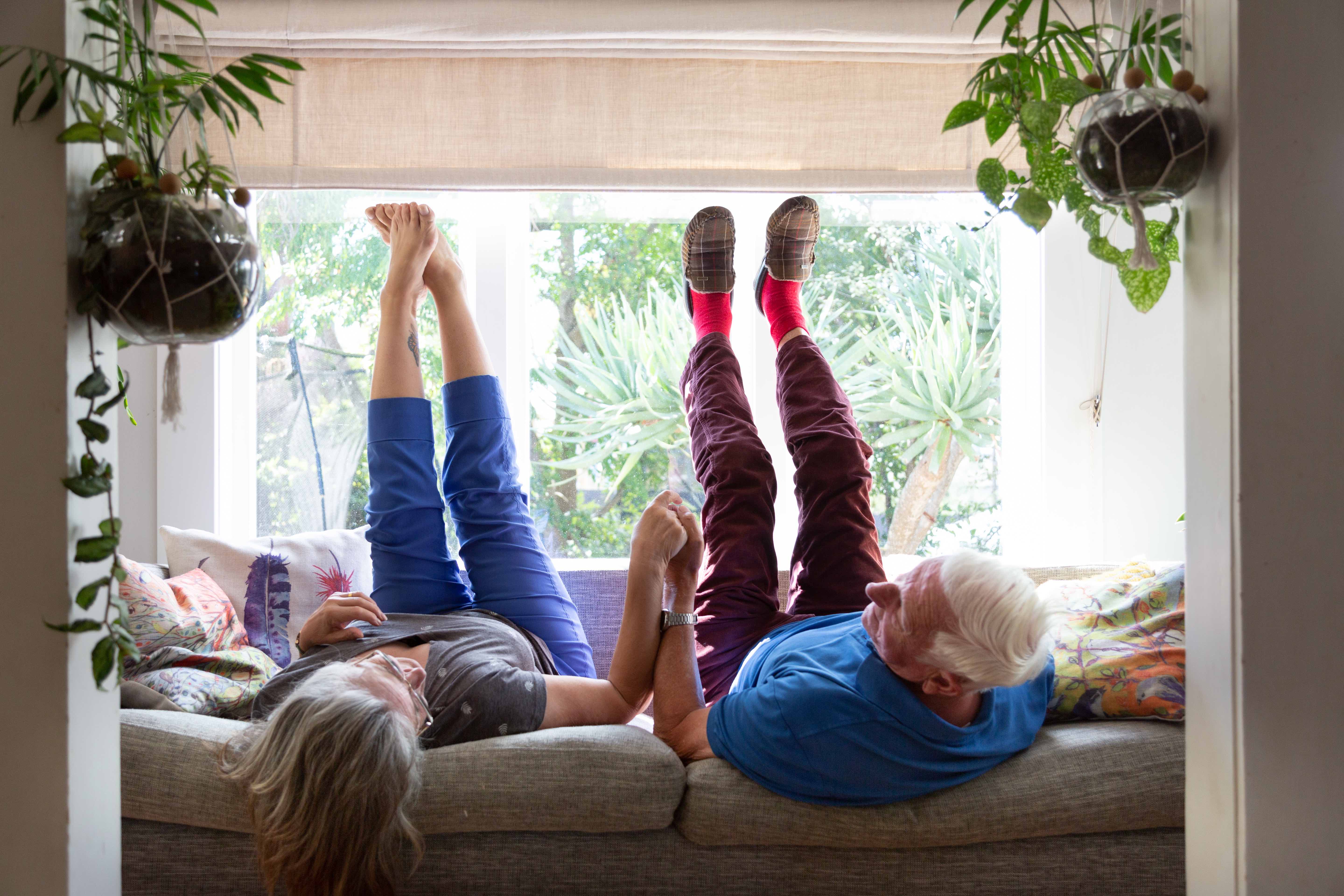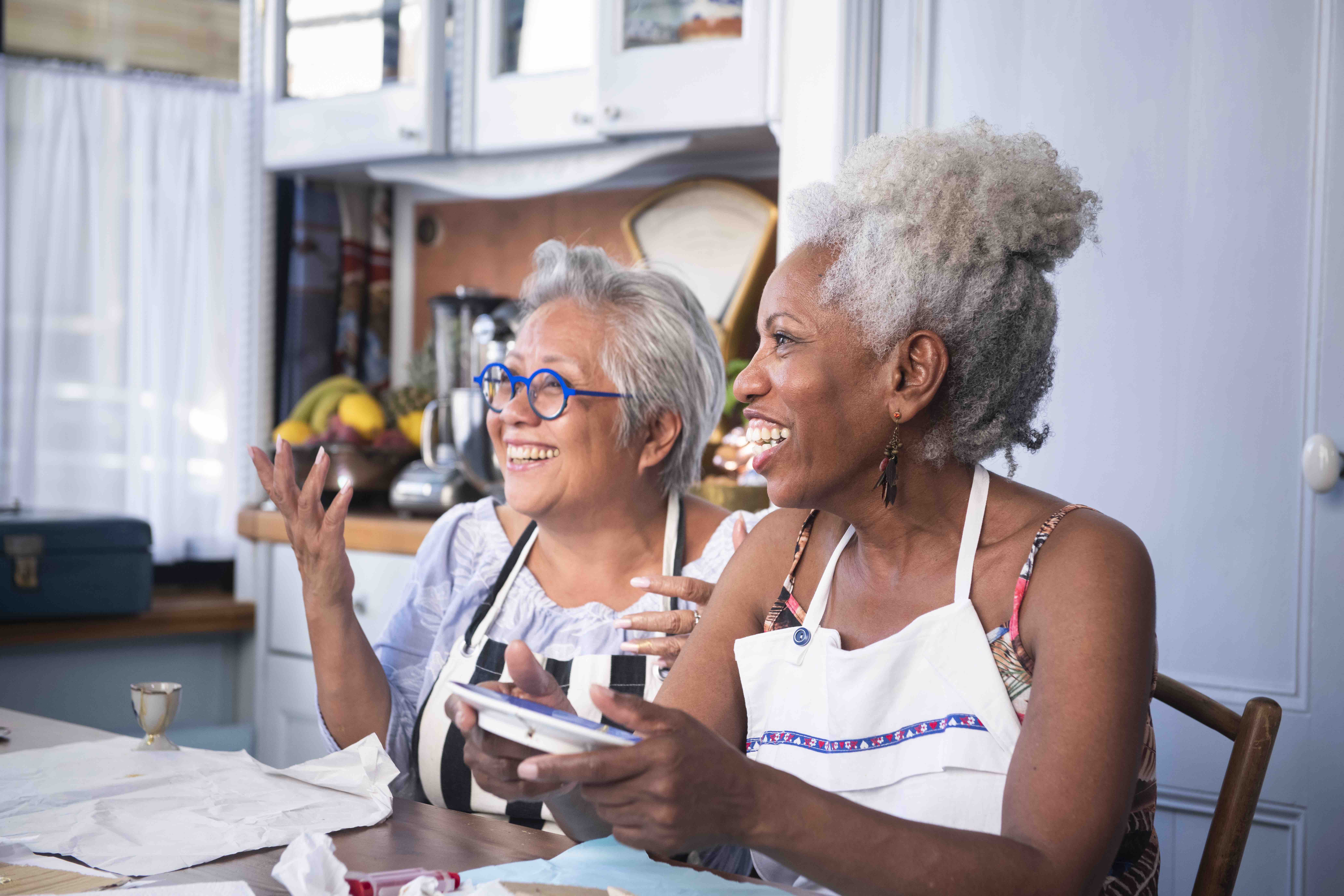
Arts & Culture
Our flesh after fifty

A new book applies the science of longevity to everyday life; this edited extract explores how the small daily decisions we make now can help us live better for longer
Published 30 June 2020
It is only relatively recently that enough people have actually reached old age to enable us to study why and how some people stay healthy while others die young.
In 1900, the worldwide average life expectancy was 31 years; now it is 71 years, and in developed countries like Japan, the UK and Australia it is over 80.

One of the greatest gifts of being a doctor for older adults is the constant reminder that life is fragile, finite and precious. This makes me want to protect my life and my health because I want to live as long and as well as possible, but it also reminds me to enjoy today, in case that is all there is.
The competing knowledge that our lifestyle choices can prolong life, but that death is also inevitable can present one of the most challenging conflicts of human existence.
It manifests in the small, everyday decisions we make. Will I eat this piece of cake now: the delicious taste versus the longer-term risk of diabetes? Will I have another glass of wine: the light-headed buzz versus the increased risk of cancer? Will I go to bed or just stream another episode, the gripping TV show now or decreasing my risk of dementia by getting adequate sleep?

Arts & Culture
Our flesh after fifty
As a geriatrician, most of my patients have problems related to age.
This does not mean they are all ‘old’. There can be vast disparities in health between two people of the same age.
My own grandmother has the kind of life that many of us aspire to enjoy in their nineties: she lives independently, tends her garden, walks her dog and is on the board of a charity. I see others who are living lives far more constrained by physical or cognitive impairments – some in their sixties and seventies needing carers on hand at all times.
While one of the best ways to reach very old age is to choose your parents wisely, for most of us, the number of healthy years lived will be influenced by our lifestyle choices.

While people love to tell stories of people who lived to ninety while smoking a packet of cigarettes a day, these people are memorable in their rarity. Those who died young of smoking-related illness are no longer here to tell their story.
The traditional medical model of health is defined as the absence of disease by avoiding risk factors. It wasn’t until I started my PhD research, exploring a framework of health outside this traditional model, that I truly understood that there is no conflict between the way we feel today and doing the best for our future.
It was my PhD supervisor, Professor Ruth Hubbard, who first suggested looking at positive factors associated with recovery rather than negatives. These are called health assets, factors that are desirable in their own right that are also associated with the creation of wellbeing.

Health & Medicine
We need another revolution in the march to good health
This approach is based on an idea with the lovely name ‘salutogenesis’, a word coined by sociologist Aaron Antonovsky. Salutogenesis is a theory of health that posits that we and our communities have resources that we can use to optimise our wellbeing, and that these are desirable in their own right.
Basically, including more things that improve life today is a strategy to increase longevity. This concept of health also goes beyond the idea that health is purely physical; it also incorporates social and mental health, as well as the concept of happiness.
We rarely allow ourselves to think this overwhelming thought, but for every single one of us, life is fragile and uncertain. Even following all the right advice, we could develop an incurable disease tomorrow or even die suddenly today.
This is why the question of how to live well today is so urgent: we need to start thinking about what makes life worthwhile in the present.

Health & Medicine
How much exercise keeps our brains healthy as we age?
Most of us will have goals we are working towards – bigger-picture goals that are important for our sense of self and that create structure in our lives – but it is the day-to-day minutiae that make a life.
It is discovering a new and delicious food, going out for a walk and seeing the morning light reflecting on a building or running into an old, much-loved friend.
Living well means creating the right conditions to feel positive, energetic and engaged. And that does not mean always taking the easiest option – making the choice to feel better can be effortful, especially if it means a change in habits.
Yet it is an inescapable truth that with age comes an increased risk of developing a chronic disease.

Almost everyone I speak to who is aged over 50 has something like high blood pressure, or has had some sort of medical event, even if it was just the removal of a precancerous mole. Even if these health conditions don’t kill us (and many won’t), they can make life a lot less enjoyable.
But I also want you to remember that almost all of these conditions share the same underlying causes. This is why prevention is such an excellent all-for-one deal.
Our days are full of small decisions: What will I make for dinner? Will I walk or drive? Will I see if my friend is free for coffee? While they may seem minor, it’s these decisions that accumulate over time to contribute to our future health.

Health & Medicine
Exercising in middle age can save your memory later
They also affect how well we feel today – our sleep, our mood, our energy levels. These decisions require us to prioritise our own health and wellbeing – which can be a challenge for so many people
There are important factors in expected gender roles that also influence ageing.
Women often take on more hours of caring than men, both for children and older relatives. Although caring for others can be enriching and rewarding, if it is constant and unrelenting it can have negative implications for health.
Many women will spend decades creating favourite meals for loved ones but would never take the time to make something special for themselves.

Similarly, women are less likely than men to undertake regular exercise; many feel self-conscious and fear being judged, missing out on the immediate and long-term health benefits.
Men are also more likely to engage in risky behaviours and to use higher levels of drugs and alcohol, perhaps as a response to rigid tropes of masculinity, where they are discouraged from expressing negative emotions.
Making day-to-day decisions that optimise a feeling of wellness today ensures that our finite days are as satisfying as possible, with the excellent happenstance of longevity.
This is an edited extract from Dr Kate Gregorevic’s new book Staying Alive: the Science of Living Healthier, Happier and Longer, published by Pan McMillan Australia. It’s available now online or for more information, visit her website, Project Three Six Twelve.
Banner: Getty Images